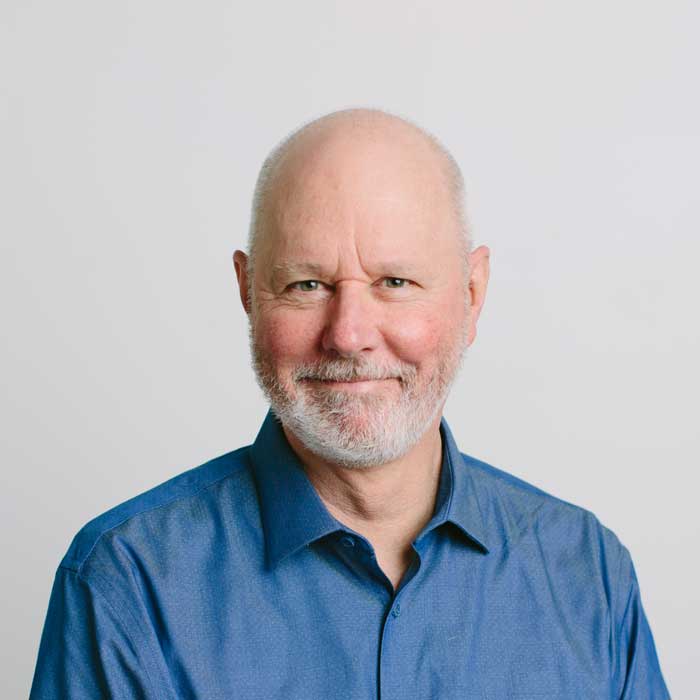Stephen Harper has been scrapping with the media of late and Canadians looking on don't seem to be shedding a collective tear for the press corps. Which raises the question of how much trust people have in the media, here and elsewhere. And whether they believe the media have too much influence or too little.
WHERE THE PRESS RANKS IN VARIOUS COUNTRIES
In Canada, fire fighters, nurses and farmers traditionally top the trust rankings. Journalists are in the middle of the pack, with 49 per cent. Politicians rarely hit the 15 per cent mark. For more on this, click here.
In Britain, the media is the message. Sixty-three per cent of respondents think television newsreaders tell the truth, but journalists are last, with 16 per cent -- even lower than politicians and government ministers. For more on this, click here.
In the United States, following months of questions over the Iraq war and leaks from the White House, 50 per cent of respondents thought news organizations were being fair to the Bush administration. For more on this, click here.
In the U.S., a poll conducted in April found that only three per cent of respondents fully trust Congress, and 11 per cent feel the same way about the media. For more on this, click here.
In Israel, the order is very clear. The media is in third place, behind the Israeli Defence Forces and the Supreme Court, but much higher than the Knesset and political parties. For more on this, click here.
In Mexico, universities, the Catholic Church, the Army, and the Federal Electoral Institute (IFE) -- Mexico's Elections Canada -- are the only institutions that outrank the media. Politicians, police and labour unions are way behind. For more on this, click here.
Nicaragua, with former president Arnoldo Alemán under house arrest for fraud, money laundering and embezzlement, places the church as the most important entity. The media is second. Curiously, the Supreme Court is at the bottom of the list. For more on this, click here.
In France, almost nine out of ten respondents express positive views on journalists. For more on this, click here.
HOW THE PUBLIC SEES POLITICIANS VS. MEDIA
In Poland, the leader of the governing party made some particularly harsh remarks this year. Jaroslaw Kaczynski -- the brother of the country's current president -- said there were "no free and independent media outlets" in Poland. Only 25 per cent of respondents agreed with his assessment. For more on this, click here.
Thailand's Thaksin Shinawatra has been called the "Asian Berlusconi" for finding a way to keep his media empire and serve as head of government. When he sold his family's shares for $1.88 billion U.S., the public urged him to donate some funds for social projects. For more on this, click here.
In New Zealand, the media and the public have joined to ask for changes in the outdated rules that are in place during parliamentary sessions. The efforts have been futile. For more on this, click here.
TrendWatch runs twice monthly exclusively on The Tyee. The series shares the global scan of Angus Reid Consultants, Vancouver-based leaders in public opinion analysis.
Related stories in The Tyee: Dominic Ali wrote the book on educating media-savvy kids, Tyee editors David Beers and Charles Campbell shared with Canadian senators some ideas for bolstering independent media, and SFU communications professor Donald Gutstein's media criticism column is among The Tyee's most popular features. ![]()
















Tyee Commenting Guidelines
Comments that violate guidelines risk being deleted, and violations may result in a temporary or permanent user ban. Maintain the spirit of good conversation to stay in the discussion.
*Please note The Tyee is not a forum for spreading misinformation about COVID-19, denying its existence or minimizing its risk to public health.
Do:
Do not: